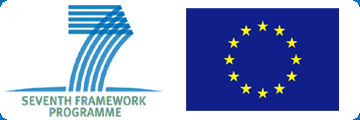Arab donors are important and under-examined players in global development. Greater engagement with these donors requires pinpointing areas where common ground already exists and can be built upon, particularly for multilateral channels of engagement between the EU and key Arab donors. This needs to go hand in hand with ongoing diplomatic relations on issues of political reform – something recent shifts in Tunisia, Egypt and elsewhere attest to.
This paper provides an overview of Arab donors and examines possibilities for greater cooperation with European development partners. Arab donors have a long history as aid providers. From 1973 to 2008, Arab official development assistance (ODA) averaged 1.5% of their combined gross national income, double the United Nations target of 0.7% (World Bank 2010). Historically these resources have been directed towards the Middle East and North Africa, often as concessional loans to infrastructure. The prevalence of unreported transfers means that there is limited knowledge of total resources and how these are used. However, there are signs of changing practice, with key Arab donors providing support to a range of countries outside the Arab region and some strengthened transparency over aid flows. Read the full policy brief

